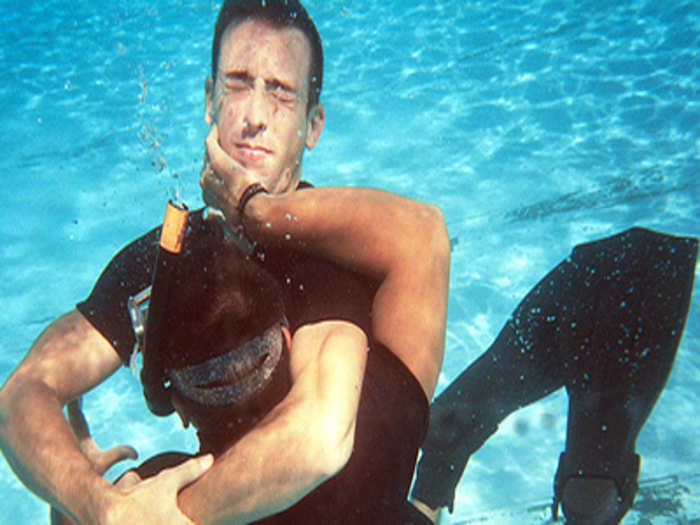8 Questions You Should Ask Your Interviewer To Prove How Smart You Are
Q: What are some of the problems your company faces right now? And what is your department doing to solve them?

Q: What type of employee tends to succeed here? What qualities are the most important for doing well and advancing at the firm?

Why this works: This question shows the interviewer that you care about your future at the company, and it'll also help you decide if you're a good fit for the position or not.
"Once the interviewer tells you what she's looking for in a candidate, picture that person in your mind's eye. She/he should look a lot like you."
Q: I noticed that you teach a night class at NYU School of Continuing Education. How long have you been teaching, and what are some of the things that you've learned from the experience?

Why this works: "You brought up the fact that your interviewer is an acknowledged expert in his field before he did."
Q: What are your plans for combating Japanese competition in the full-size pickup market?

Why this works: Asking this type of question shows that you've already done your homework on the company.
"Ask questions that are simple, direct, and show that you've done you're homework without a great deal of elaboration. Your interviewer can't fail to be impressed and to take your job candidacy seriously."
Q: Who would I be reporting to? Are those three people on the same team, or are they on different teams? What's the 'pecking order'?

Why this works: "Asking about the internal structure of a company or details about the specific job description can also help you position yourself as the ideal candidate. If you're going to be working for several bosses, it's important to understand the lay of the internal land, also known as the 'pecking order.' If you're going to be managing several people, it's a good idea to try to meet up with them."
Q: I read your CEO's letter to the editor in Business Week. How did his insights about the emerging Hispanic market impact your Hispanic subsidiary? Did they end up winning a lot of new business as a result?

Why this works: Again, this proves that you've done your homework and are genuinely interested in the company.
Q: How do you handle new business pitches? Who gets involved in generating new business at this company? Is there a team in place, and do they 'cull' employees from different teams, depending on the business that your firm is going after?

Why this works: "Star performers are usually anxious to get involved to get involved in the new business effort, even if they are not technically on the new business team. When you ask about new business, you're signaling that you're an A player."
Q: I think it's pretty clear that I would love to work for you. So tell me, what are my next steps?

Why this works: "You've tossed out a 'feeler' to your interviewer. If he still has any unresolved questions or nagging concerns about you, he'll tell you."
Popular Right Now
Popular Keywords
Advertisement
